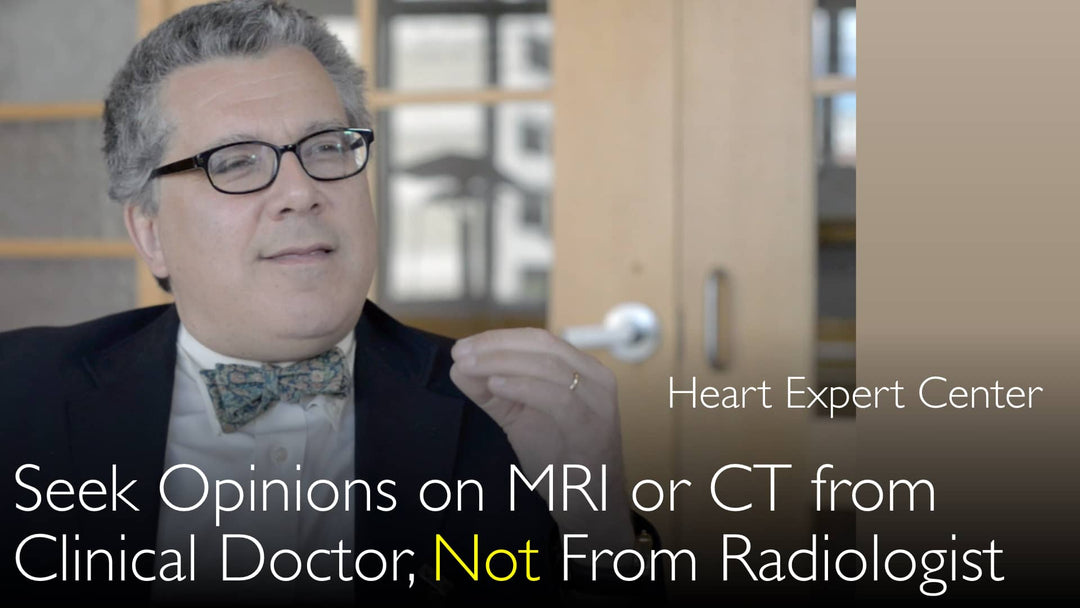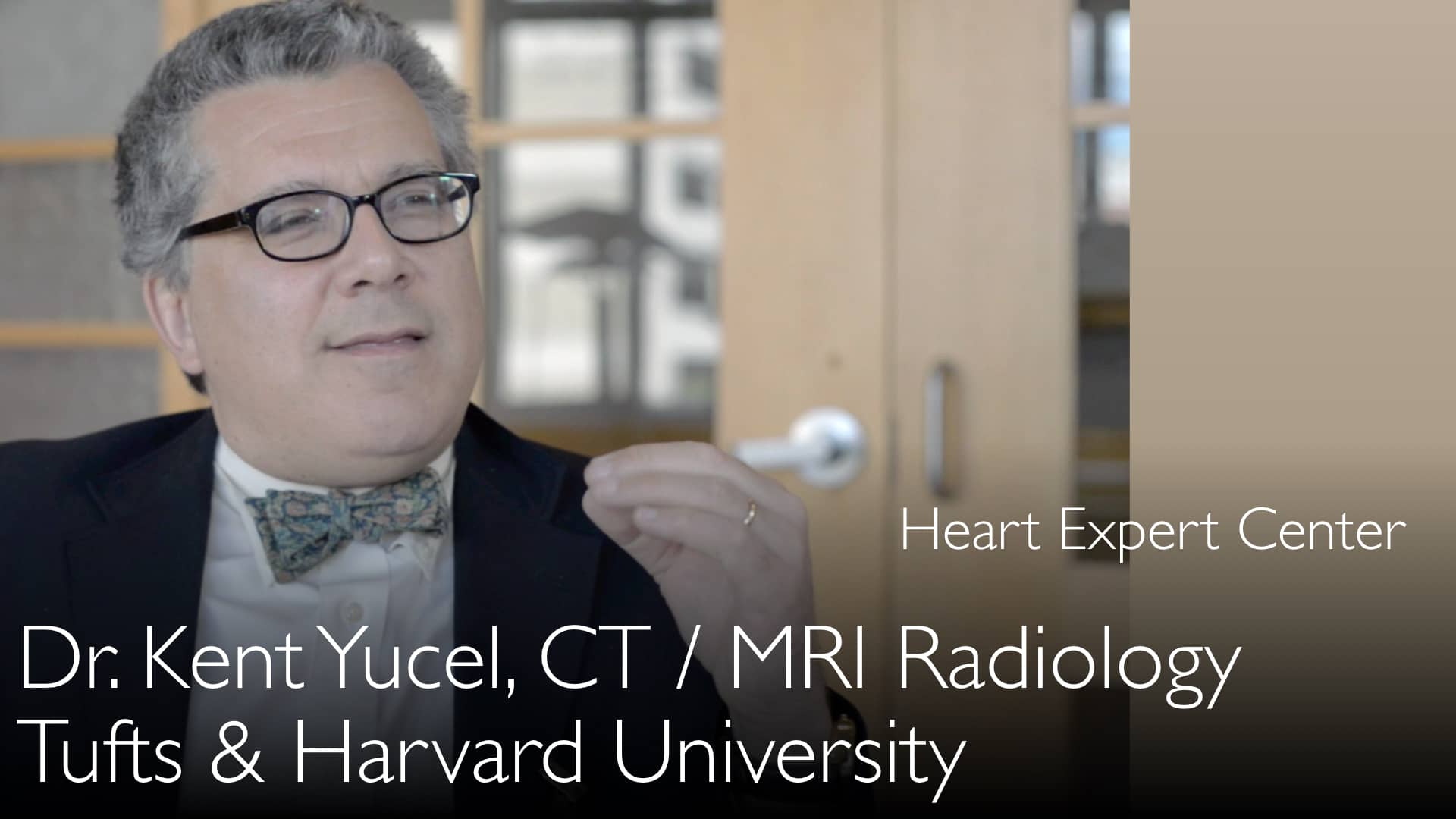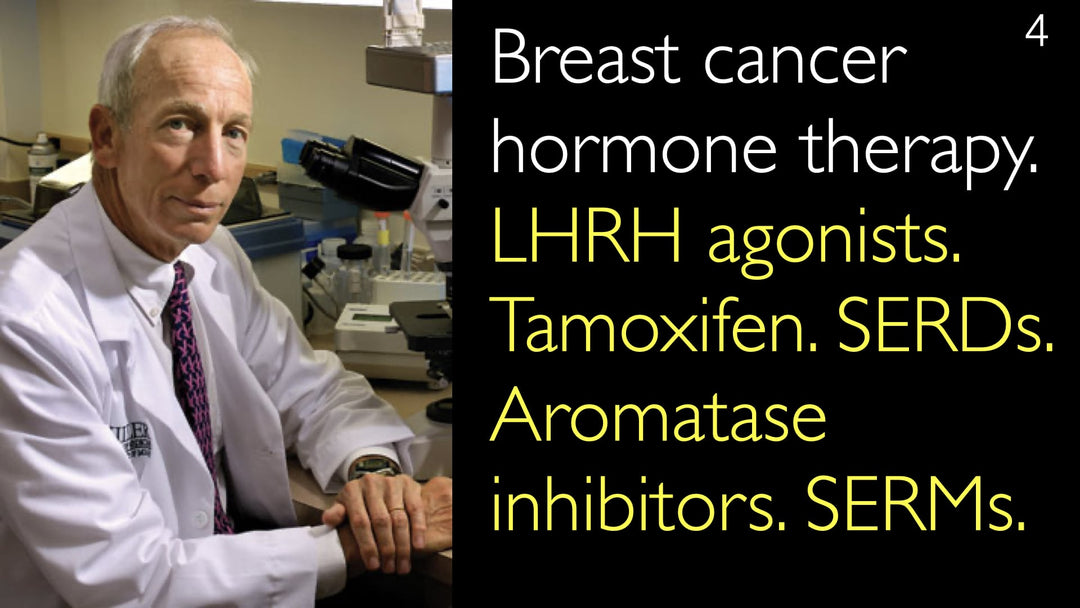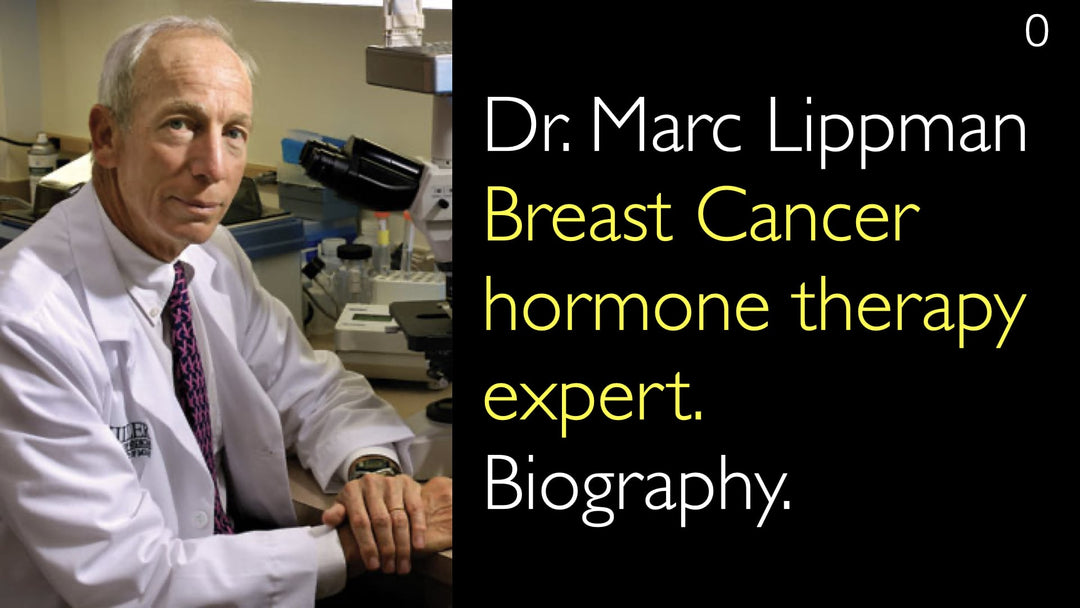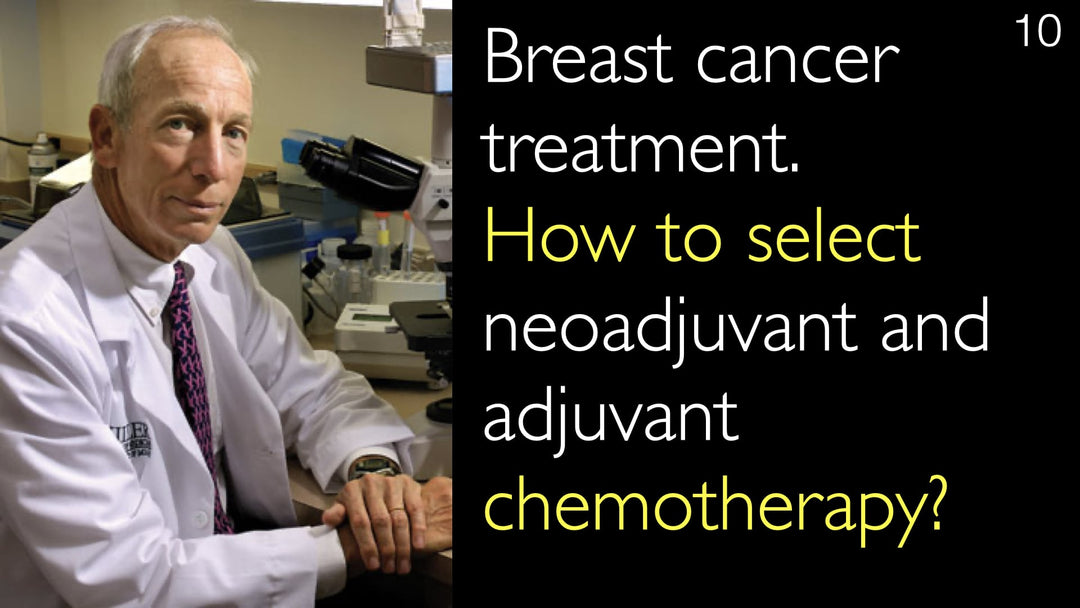Leading expert in radiology and advanced imaging, Dr. Kent Yucel, MD, explains the critical role of clinical context in interpreting MRI and CT scans. He discusses why direct communication between radiologists and patients can create confusion. Dr. Kent Yucel, MD, emphasizes that a patient's ordering physician integrates all clinical data for an accurate diagnosis. He strongly advocates for obtaining a medical second opinion on complex imaging results. This ensures findings are correct and the treatment plan is optimal.
Why Radiologists Should Not Give Results Directly to Patients
Jump To Section
- Radiology Patient Communication Debate
- Clinical Context for Imaging Results
- Mammography Direct Communication Model
- Spine MRI Diagnostic Pitfalls
- Value of Radiologist to Referring Physician
- Medical Second Opinion Importance
- Full Transcript
Radiology Patient Communication Debate
Dr. Anton Titov, MD, explores a hot topic in modern healthcare with Dr. Kent Yucel, MD. The direct marketing of MRI and CT scans to consumers raises a question. Should radiologists communicate results directly to anxious patients? This consumer-driven approach challenges traditional care pathways. Dr. Yucel provides a nuanced perspective on this evolving practice.
The Critical Need for Clinical Context in Imaging Results
Dr. Kent Yucel, MD, explains a fundamental problem with direct patient communication. Radiology findings cannot be interpreted in isolation. A scan is just one piece of a complex diagnostic puzzle. The patient's lab tests, physical exam, and presenting symptoms provide essential context. Dr. Kent Yucel, MD, states that only the ordering clinician can integrate all these inputs. This integration is mandatory to decide the true clinical significance of any finding.
The Mammography Direct Communication Model
Dr. Kent Yucel, MD, acknowledges one area where radiologists traditionally talk to patients. In mammography, the radiologist is directly responsible for communicating results. They decide if a patient needs no further action or requires additional evaluation. This model has led to discussions about expanding direct communication to other radiology fields. However, Dr. Yucel expresses significant reservations about this broader application.
Spine MRI and Common Diagnostic Pitfalls
Dr. Kent Yucel, MD, uses a powerful example to illustrate his point. An MRI of the spine for back pain frequently detects numerous abnormalities. Many of these findings are incidental and unrelated to the patient's actual symptoms. Without a careful physical examination and direct conversation about symptoms, these results can be misleading. This scenario perfectly demonstrates why a radiologist's report alone is insufficient for determining treatment.
The Optimal Value of Radiologist to Referring Physician Communication
Dr. Kent Yucel, MD, clarifies where radiologists add the most value. The greatest impact comes from direct, verbal communication with the ordering doctors. Referring physicians sometimes have difficulty interpreting complex radiology reports. A radiologist can help them place the findings into the patient's overall clinical picture. This collaboration between radiologist and clinician is the gold standard for patient care. Dr. Yucel believes this traditional team interaction will remain essential.
The Critical Importance of a Medical Second Opinion
Dr. Anton Titov, MD, and Dr. Kent Yucel, MD, discuss a key recommendation for patients. A medical second opinion on MRI or CT scan findings is crucial in most situations. This process confirms that the radiology findings are correct and meaningful. It also helps ensure the chosen treatment strategy for conditions like cancer or heart disease is the best possible option. Dr. Yucel advises patients to seek a second opinion to be confident in their diagnosis and treatment plan.
Full Transcript
Should radiologists talk to patients? MRI and CT imaging is marketed directly to consumers. Radiologists speak to anxious patients during scans. A leading MRI and CT radiologist discusses negative and positive factors of talking to patients about diagnostic study results. Who should radiologists talk to about imaging studies?
Dr. Anton Titov, MD: Should radiologists talk to patients? Radiologists are reducing the pain of uncertainty for patients who just had an MRI or CT scan. Why can't you talk to your radiologist?
Video interview with a leading expert in radiology, a CT and MRI specialist. Mammography is a radiology field where radiologists usually talk to patients about the result of mammography or breast MRI. But many factors affect the clinical meaning of an MRI or CT scan study for the patient. Radiology results are just one input.
The ordering clinician knows and integrates all inputs to have a meaningful discussion with patients about what results of CT or MRI signify for the patient. A medical second opinion on MRI or CT scan is required in most situations.
Dr. Kent Yucel, MD: A medical second opinion confirms that CT findings and MRI findings are correct and meaningful. It also helps to choose the best treatment strategy for cancer and heart disease based on MRI, CT, and all clinical information. Seek a medical second opinion on cancer and heart disease and be confident that your treatment is the best.
MRI medical second opinion. CT medical second opinion.
Dr. Anton Titov, MD: Should radiologists talk to patients directly? As a follow-up question, MRIs and CTs are becoming widely available to patients and marketed to consumers. Does that bring an opportunity for more direct consultations of patients with radiologists?
Maybe radiologists should now bypass a number of physicians that are traditionally inserted along the value chain for somebody who is scheduled to do a CT or MRI? This is the consumer-driven healthcare culture. Can direct contact between radiologists and patients be beneficial for the practice of radiology?
Dr. Kent Yucel, MD: That is a very hot topic in the United States right now. Radiologists are talking about getting more involved in direct patient communication. Radiologists historically communicated directly with patients in the mammography field.
With mammography, the decision of "do nothing" or to get further evaluation of the patient's breast is up to the radiologist. The radiologist is responsible for communicating that decision to the patient. There has been a lot of talk about extending direct communication between radiologists and patients to other areas.
I have a problem with that strategy. Many radiologic findings need to be placed in the overall clinical context of the patient. Only then do doctors know how to manage patients.
The lab tests, the physical exam, the presenting symptoms—all need to be taken into account to decide what to do about the radiology finding. A perfect example is an MRI of the spine for back disease and back pain.
MRI of the spine detects all kinds of abnormalities, many of them not related to the patient's symptoms. That is where a careful physical examination is required. Talking to the patient is mandatory to know whether these MRI findings in the back, in the discs, or in the nerves need to be treated or not.
It is a great idea theoretically. But the way a radiologist can add most to the value chain is by talking more directly to doctors who are ordering the exam. A radiologist can help ordering doctors to put the findings in context.
Sometimes the ordering doctors may have difficulty interpreting the reports. That is where radiologists can add value to that patient's care. Radiologists should communicate directly, verbally, with the patient's doctors.
The problem with communicating with the patients directly is it can create more confusion than clarity in their mind.
Dr. Anton Titov, MD: So the traditional way of team interaction in patient care remains the golden standard and would be so in the foreseeable future.
Dr. Kent Yucel, MD: Exactly.
Dr. Anton Titov, MD: Professor Yucel, thank you very much for this extensive discussion today about advanced imaging of various organ systems. It has been very helpful to learn a lot of new insights.
Dr. Kent Yucel, MD: I'm sure that it will be very helpful for all those who see this interview and this video.
Dr. Anton Titov, MD: You are very welcome! Thank you! Thank you very much!
Should radiologists talk to patients? Video interview with a leading expert in radiology, a CT and MRI specialist. Consumer-driven healthcare increased communication.


